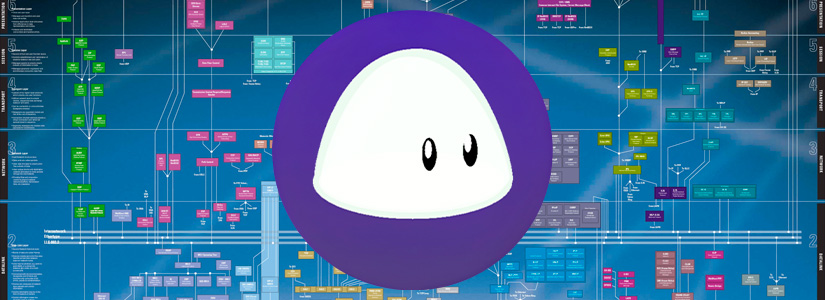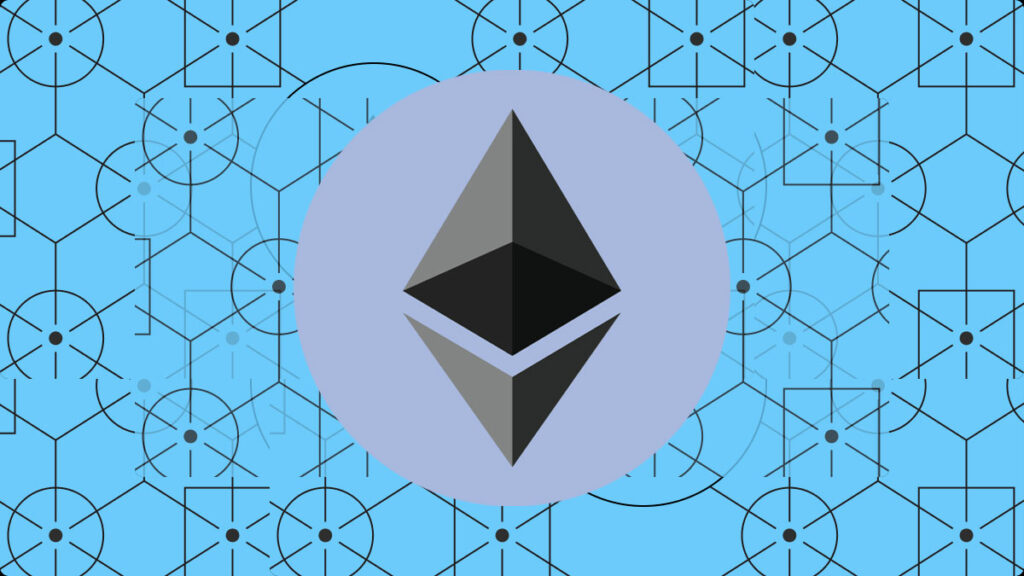TL;DR
- EIP-7781 aims to reduce Ethereum block times from 12 to 8 seconds, potentially increasing transaction throughput by 50% and enhancing network efficiency.
- The proposal includes increasing blob capacity, which helps lower fees for layer-2 solutions and distributes bandwidth usage more evenly, resulting in smoother performance and lower latency.
- Concerns have been raised for solo stakers, as shorter block times could increase hardware and bandwidth requirements, potentially disadvantaging those with less powerful setups.
Ethereum developers have introduced a new Ethereum Improvement Proposal (EIP-7781) aimed at significantly enhancing the network’s performance. This proposal, spearheaded by Ben Adams, co-founder of Illyriad Games, seeks to reduce block times from the current 12 seconds to just 8 seconds.
If implemented, this change promises to boost Ethereum’s transaction throughput by 50%, making the network more efficient and responsive.
Enhancing Transaction Throughput
The primary goal of EIP-7781 is to increase the network’s transaction throughput. By reducing the block time to 8 seconds, the proposal aims to handle more transactions per second, thereby improving the overall efficiency of the Ethereum network.
This change is expected to benefit decentralized exchanges (DEXs) like Uniswap, making them more efficient and reducing the costs associated with transaction delays.

Impact on Ethereum’s Network Efficiency
In addition to faster block times, EIP-7781 proposes increasing the capacity of blobs, a temporary data structure that helps lower fees for layer-2 solutions.
This enhancement is designed to distribute bandwidth usage more evenly over time, reducing peak bandwidth demands without increasing the number of blocks or blobs. As a result, the network will experience smoother performance and lower latency, benefiting both developers and users.
Concerns for Solo Stakers
While the proposal has been met with enthusiasm, it has also raised concerns among solo stakers. Shorter block times could increase the hardware and bandwidth requirements needed to keep up with the growing blockchain data. This could potentially disadvantage home-based stakers who may not have access to more powerful hardware.
Developers have noted that further testing is needed to ensure that the proposal does not negatively impact these stakers. EIP-7781 represents a significant step forward for the Ethereum network, promising faster block times and higher efficiency.
While the proposal offers numerous benefits, it also highlights the need for careful consideration of its impact on solo stakers. As the Ethereum community continues to innovate, proposals like EIP-7781 will play a crucial role in shaping the future of the network.










